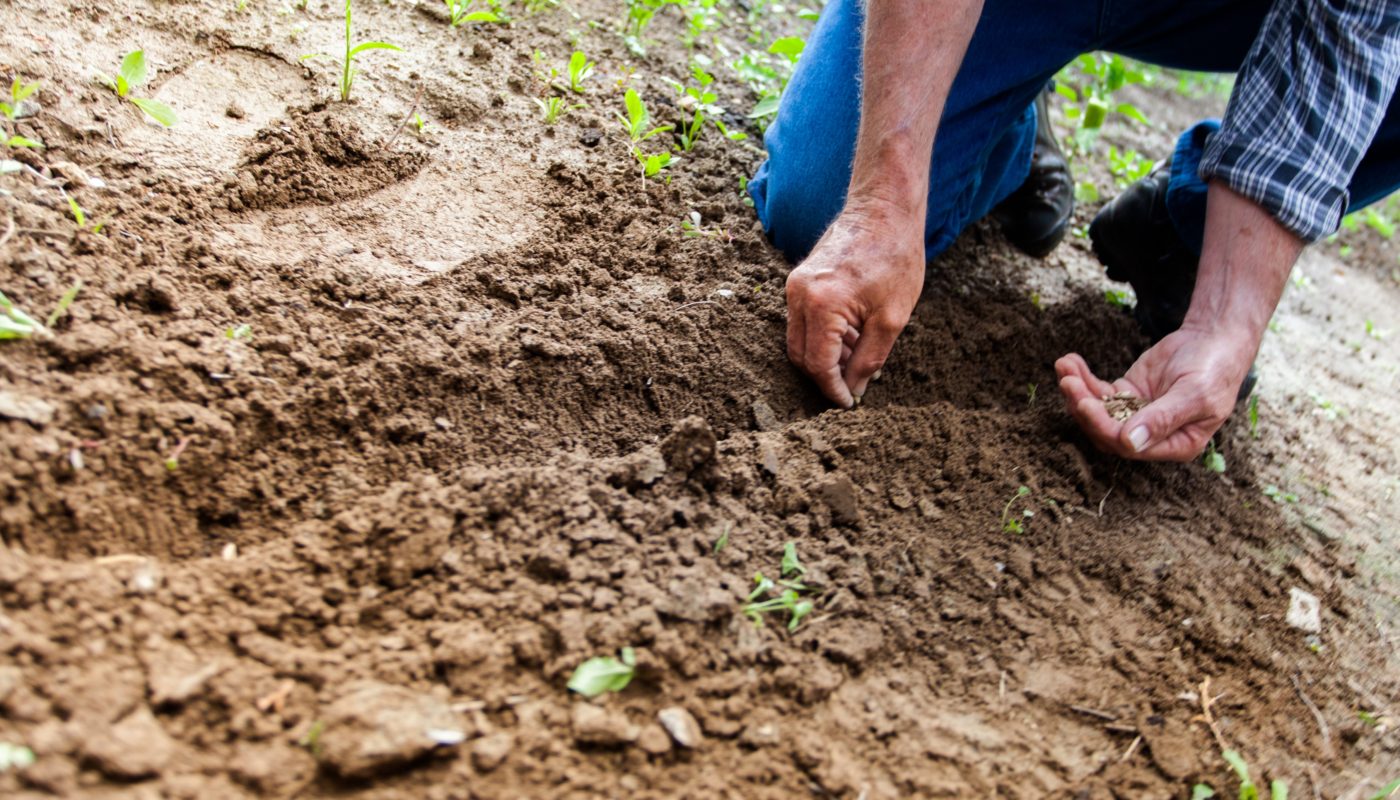What is Hobby Farming ?
Hobby Farming is the act of maintaining a farm without the aim of it being the primary source of income. It is very possible as a hobby farmer to get some money from it, but the main goal should not be trying to earn a sustainable income – if that is the case, then it becomes a business and not a hobby, and you’ll need to put a lot of thought and effort into making it profitable. With hobby farming, you don’t have to worry about your P&L and can instead focus on what makes it enjoyable for you.
Naturally, there will be some financial investments you’ll need to make, such as seeds, livestock, buildings, and equipment, and it’s completely okay to make some money back with this hobby (and even earn a profit!) but that doesn’t have to be your main motivator, which frees you up to make choices a farm business wouldn’t be able to make.
Can I Be a Hobby Farmer?
The short answer is Yes. Irrespective of your background, anybody can become a hobby farmer. And going through the history of hobby farming, it encompasses every occupation from young professionals in the city to retirees in the more rural areas.
So if you think you do not fit the requirements of being a hobby farmer – then you are wrong.
How Do I Start?
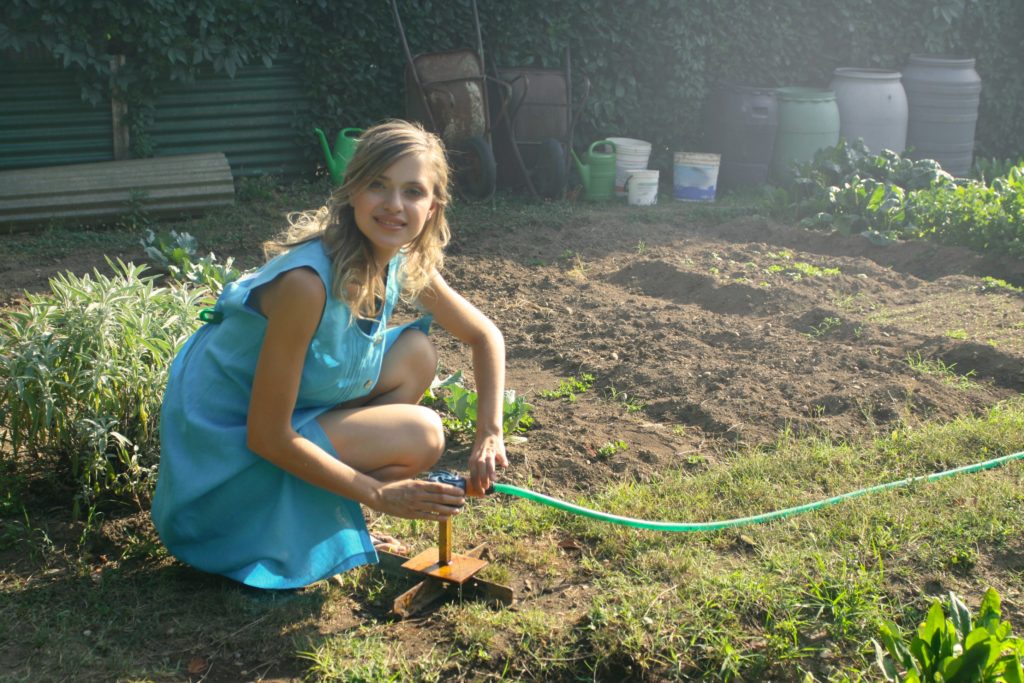
The next question you might be asking, is how do I begin? How can I start my hobby farm? Well, you’re already reading this article, so you’ve started on the first step toward having your very own hobby farm because learning and research is vital. Sure, you could go buy some random seeds and throw them on the ground outside, but you’ll probably be disappointed in the end result!
So familiarize yourself with the basics. What kind of crops can you grow in your climate? What livestock options do you have access to?
You’ll also want to set out a budget. Hobby farming can be as expensive as you want it to be. Livestock are a pricey undertaking, particularly big animals like cows. Chickens might be cheaper, but be warned the rooster might wake you up earlier than you’d like!
You’ll also need to research your local zoning laws. If you’re outside of city limits, you probably won’t have too much to worry about, but inside cities and towns, there are restrictions on what all you can do.
So research, research, research!
Set Some Reasonable Goals
Once you’re ready to get your hands dirty, you’ll want to make a list of goals to achieve by setting up a hobby farm. This helps you to measure your progress, it keeps your plan specific so it’s easier to stay on track. With any hobby, but especially hobby farming, it can be easy to fall into an obsessive spiral or veer off on a tangent. Knowing what you want to accomplish will help you set up and run a more efficient hobby farm.
Some goals you might want to start out with include:
- Taking care of a specific type of crops or animals for a short period of time before moving on to larger or more difficult ones.
- Ensuring you get a certain amount of produce within a certain time period, especially if you have culinary intentions behind this hobby.
- Outlining your budget to keep from overspending, and projecting revenue targets if you plan on earning something back on your hard work.
- A plan for the off-season, whether it’s cycling in a different crop or a whole other hobby, know what you’re going to do when the harvest is done. (Keep in mind animals are a lifelong commitment! So have a plan to send them to a good home after if this is a short term project or if it turns out to be something you can’t handle.)
But remember this is a hobby. It’s okay if you fall short of your goals for how much you’ll harvest or how many farm-fresh eggs you’ll sell. Think of it as a guideline to follow and learn from your mistakes so you can improve.
Choosing Animals and Crops
Choosing the type of animals and crops you want to raise is very important. Being smart about this from the start will reduce stress so it does’t become a chore. Preferably, it’s best to choose an animal or crop that is found naturally in the region and one that you can easily manage. Most domesticated farm animals, by the nature of being domesticated farm animals, are easy to raise in many environments. Experienced farmers would advise new farmers go for starter vegetables such as salad greens (such as lettuce), radishes, green peas, potatoes and tomatoes. Why? These crops are all fairly easy to grow in most conditions and the end result are simple food staples anyone could use.
For animals, look to start with goats, pigs or chickens. These are small enough to raise without a lot of extra space or equipment, and they’re not very picky eaters. While chickens and goats can give you eggs and milk respectively, pigs are typically raised for the slaughter. So that’s something important to keep in mind with animals. Are you comfortable eating your new hobby? If not, there’s no rule that says you can’t simply raise it as farm scenery.
Most basic farm animals don’t require too much when it comes to care. If you are lucky enough to have lots of space, you can allow them to graze openly. Finally, be sure you consider the birds and the bees. Animals can and will reproduce, so plan accordingly. You can often sell offspring or use them to continue on a new generation of animals for your farm.
Location, Location, Location
Location will always be a deciding factor when it comes to hobby farming. There are a lot of challenges that comes with it. If you live in a rural area where there is ample space for you to plant crops and rear animals you might not have a problem. But if you stay in an urban settlement you might need to get innovative in creating space for your farm and some animals might be completely out of the question.
Some people like to use their backyards so set up their farms, while others might be a little fancier by setting up a green house. One common misconception is that your hobby farm must be located where you stay, this is false, if you do not have enough space in your immediate environment you can look to use land elsewhere. This might mean renting a space, but you could also find free or affordable plots in community garden spaces or could even check with family and friends who might have the space to lend.
Every location comes with its own challenges, so it’s important to consider how the location will help (or hinder) you on your hobby farming journey.
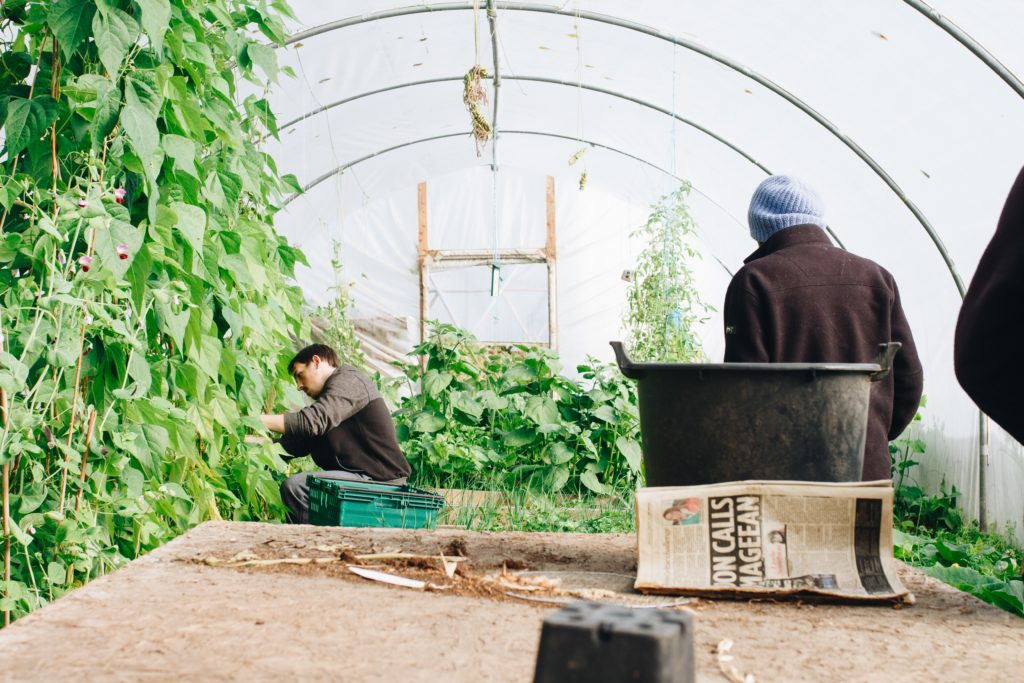
What’s so great about Hobby Farming?
It’s Therapeutic
Without the burden of trying to make money, something that normally would seem like work can be quite relaxing. It’s just you and Mother Nature. The work is a great excuse to spend time outdoors, and you’ll get some exercise out of it too, so it’s a good way to stay physically active.
Hobby farming is a great escape from most of life’s worries, especially for people who live in the city and want to get back to nature.
It’s Self-Sustaining
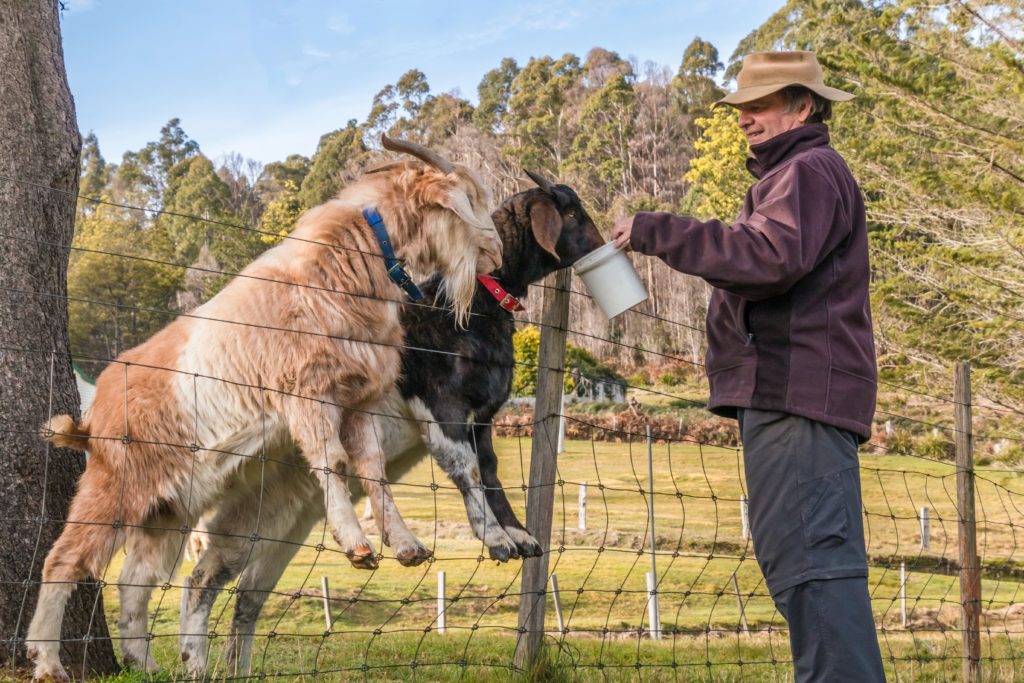
Hobby farming is great because at the end of all the hard work, you get to literally eat the fruits of your labor. Whether you eat the produce yourself or share it with friends and family, it’s a great tangible reward from the work.
And if you use this hobby to subsidize your own pantry, then you’ll save some money on groceries! You might not raise enough to be fully self-sufficient, but even a little extra food is a great bonus. You won’t get that from Dungeons & Dragons!
It’s Hands-On
This is a hobby that is perfect for people who like to get their hands dirty and create something real and tangible. It can keep you busy, but not too busy if you don’t want it to. The effort level is totally under your control, so you can set up a farm that’s a perfect match for how much time you want to spend working at it. Unlike some hobbies, you’re not just passing the time, though. You’re creating something of value, whether you eat it yourself, give it away or sell it.
It’s Affordable
Big farms can certainly cost a lot. Equipment, land, animals, etc. But you can start hobby farming simply, so it really works for any budget. If you want to spend lots of money, and have the disposable income, go for it, but it’s definitely not a requirement. Anyone with a bit of extra cash for a hobby can give farming a try, especially if you have existing space or access to some. All you’ll need is some seeds, some water and some sunlight.
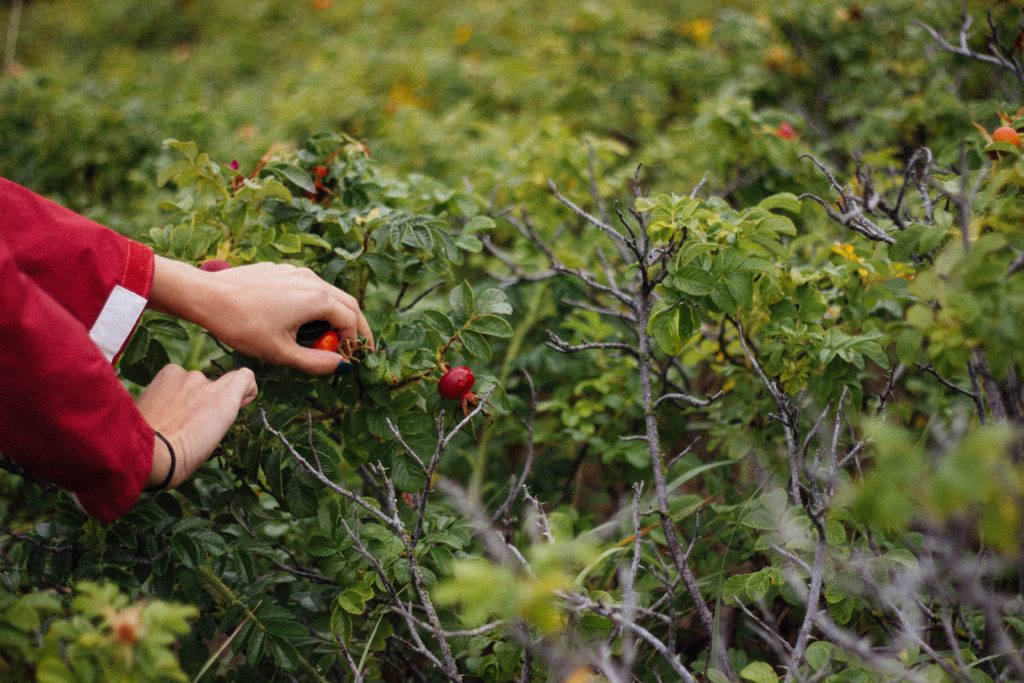
What’s not so great about Hobby Farming?
We’d be remiss not to say that hobby farming can have it’s downsides, and everyone should be aware of potential hurdles before jumping in. If hobby farming isn’t for you, that’s okay. There are plenty of other hobbies out there to choose from! Don’t feel like you have to rush into a whole ordeal just because you want an organic tomato. There’s always Whole Foods!
Hard Work and Responsibilities
Whether you like it or not hobby farming comes with its fair share of work and responsibilities. For some, that’s the charm. There are many different steps in the process of farming, whether you’re working with livestock or crops, and you may not enjoy every step. Unless you’re planning on hiring farm hands to help out, you’ll have to handle it all yourself, whether it’s your favorite part or not. That means you’re not only the one feeding the cow, but you’ll have to milk her too. And if she gets sick, that’s a big expensive trip to the vet!
While you can control the approximate amount of work you’ll be required to do through carefully planning your farm, you can’t escape the fact you’ll have work to do, and it’s a long term commitment. If you rent land, you might be locked into that obligation even if you decide to give up on farming. And animals will need consistent care throughout their life.
Legal Issues
Depending on where you live the requirements to own a hobby farm might prove to be very tedious and even prohibitive. You may need to maintain certain standards, especially when it comes to animal welfare. Aside from zoning issues, you may have home owner association rules to abide too as well, or other odd property law quirks to deal with.
Acts of God
While we’re all subject to various “Acts of God”, few hobbies are as susceptible. If a drought comes through your town, you don’t have to worry about your origami paper drying up and blowing away, but that’s exactly what could happen to your crops. Animals can catch diseases, and since animals all have minds of their own, they can certainly get themselves into trouble too, whether it’s trying to escape or not playing well with their fellow livestock.
At the end of the day, even though we’ve domesticated many crops and animals, they’re still part of nature and nature doesn’t follow our directions. It does what it wants, and as a hobby farmer, it’s your job to react, to tame and to cultivate.
And That’s Hobby Farming!
It’s a satisfying and rewarding hobby for the right kind of person, and it offers a lot of variation and personalization to make it the kind of project that works for your needs. Still, hobby farming doesn’t come without its risks and potential problems, so it’s not for everyone but anyone can do it should they choose. With the urbanization of our society, interest in hobby farming is on the rise as people look to engage more with nature to compensate for how much of it we miss out on in our modern lives.

